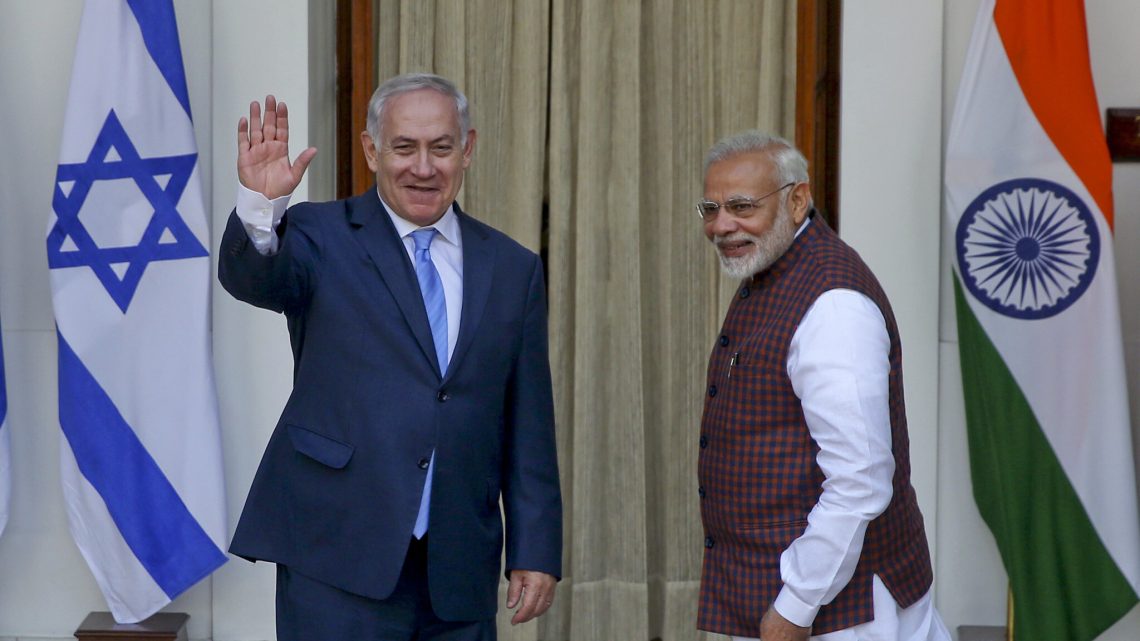
India Supplies Arms to Israel During Gaza Conflict
March 15, 2024In the context of the ongoing conflict in Gaza, the role of international arms supply has come under scrutiny. Among the players involved, India has emerged as a significant contributor, albeit quietly. Over the past decade, India has been steadfast in its commitment to modernize its armed forces while simultaneously fostering self-sufficiency in arms production, aligning with Modi’s ambitious “Make in India” initiative.
Key to this endeavor is the partnership between Adani Group and Elbit Systems, which has established India’s premier private Unmanned Aerial Vehicle (UAV) manufacturing complex in Hyderabad. Additionally, the Holy Hermes 900 production facility, located outside Israel, further cements this collaboration. Notably, Indian magnate Gautam Adani has also expanded investments into Israel, securing stakes in the Haifa Port.
The impact of India as a market for Israeli military hardware cannot be overstated. Israeli government views India as not only its largest but also most reliant customer for military equipment. This relationship has deepened over time, with recent reports indicating the delivery of 20 Indian-made Hermes 900 drones to the Israeli army. Despite the closeness between the two nations, neither India nor Israel has publicly acknowledged this transaction.
The Hermes 900 drones, renowned for their extended flight capabilities exceeding 30 hours, serve a dual purpose in military operations, ranging from reconnaissance to aerial bombardments. This delivery underscores the symbiotic nature of the India-Israel defense alliance, with both countries leveraging each other’s strengths for mutual benefit.
However, the covert nature of this collaboration raises ethical questions, particularly in light of India’s stance as an advocate for a two-state solution to the conflict. The utilization of Indian-made drones in the besieged Gaza Strip adds a layer of complexity to the already contentious issue. While India maintains diplomatic ties with Tel Aviv, its involvement in supplying arms during a humanitarian crisis warrants international scrutiny.
The joint venture between Adani Defense and Aerospace and Elbit Systems represents more than just a business arrangement; it implicates India in the ongoing conflict in Gaza. The production line includes a range of weaponry, from assault rifles to drones, which find utility in the volatile region.
Despite its strategic implications, the India-Israel defense partnership has largely escaped international attention. Yet, its significance cannot be underestimated, particularly concerning the Gaza conflict. India, often celebrated as the world’s largest democracy, faces moral dilemmas as its military collaboration with Israel potentially exacerbates the humanitarian crisis in Gaza.
As the conflict persists, the clandestine nature of arms supply underscores the complexities of geopolitics and the moral challenges faced by nations seeking to balance diplomatic ties with ethical responsibilities. India’s role in arming Israel during the Gaza conflict serves as a poignant reminder of the multiple complicated alliances and interests that define global conflicts.

